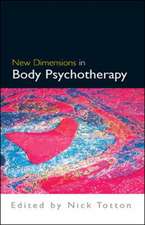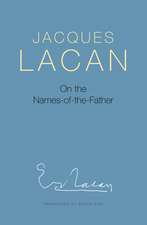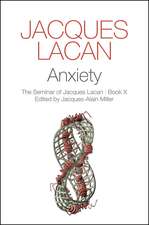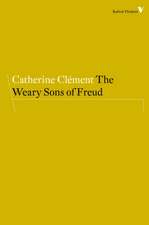Vital Signs: Psychological Responses to Ecological Crisis
Editat de Mary-Jayne Rust, Nick Tottonen Limba Engleză Paperback – 31 dec 2012
| Toate formatele și edițiile | Preț | Express |
|---|---|---|
| Paperback (1) | 332.06 lei 6-8 săpt. | |
| Taylor & Francis – 31 dec 2012 | 332.06 lei 6-8 săpt. | |
| Hardback (1) | 813.45 lei 6-8 săpt. | |
| Taylor & Francis – 12 iul 2019 | 813.45 lei 6-8 săpt. |
Preț: 332.06 lei
Preț vechi: 349.53 lei
-5% Nou
Puncte Express: 498
Preț estimativ în valută:
63.54€ • 66.51$ • 52.89£
63.54€ • 66.51$ • 52.89£
Carte tipărită la comandă
Livrare economică 31 martie-14 aprilie
Preluare comenzi: 021 569.72.76
Specificații
ISBN-13: 9781780490489
ISBN-10: 1780490488
Pagini: 336
Ilustrații: 1 Illustrations
Dimensiuni: 152 x 229 x 23 mm
Greutate: 0.45 kg
Ediția:1
Editura: Taylor & Francis
Colecția Routledge
Locul publicării:Oxford, United Kingdom
ISBN-10: 1780490488
Pagini: 336
Ilustrații: 1 Illustrations
Dimensiuni: 152 x 229 x 23 mm
Greutate: 0.45 kg
Ediția:1
Editura: Taylor & Francis
Colecția Routledge
Locul publicării:Oxford, United Kingdom
Public țintă
Professional Practice & DevelopmentCuprins
ABOUT THE EDITORS AND CONTRIBUTORS -- INTRODUCTION /Nick Totton and Mary-Jayne Rust -- PART I: CONTEXTS -- PART II: OTHER-THAN-HUMAN AND MORE-THAN-HUMAN -- PART III: THE VIEW FROM POSTMODERNISM -- PART IV: WHAT TO DO—POSSIBLE FUTURES -- PART V: WHAT TO DO—INFLUENCING ATTITUDES -- PART VI: WHAT TO DO—CLINICAL PRACTICE -- REFERENCES -- INDEX.
Descriere
This book focuses on the ecological crisis and its psychological effects and causes. It describes the relationship which a group of children in Norway have developed with a small and local more-than-human place—as children instinctively will do given the opportunity.













